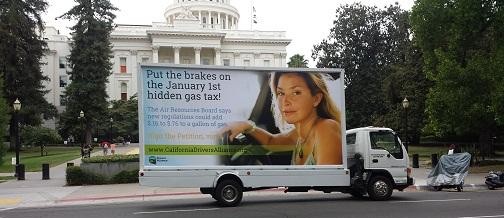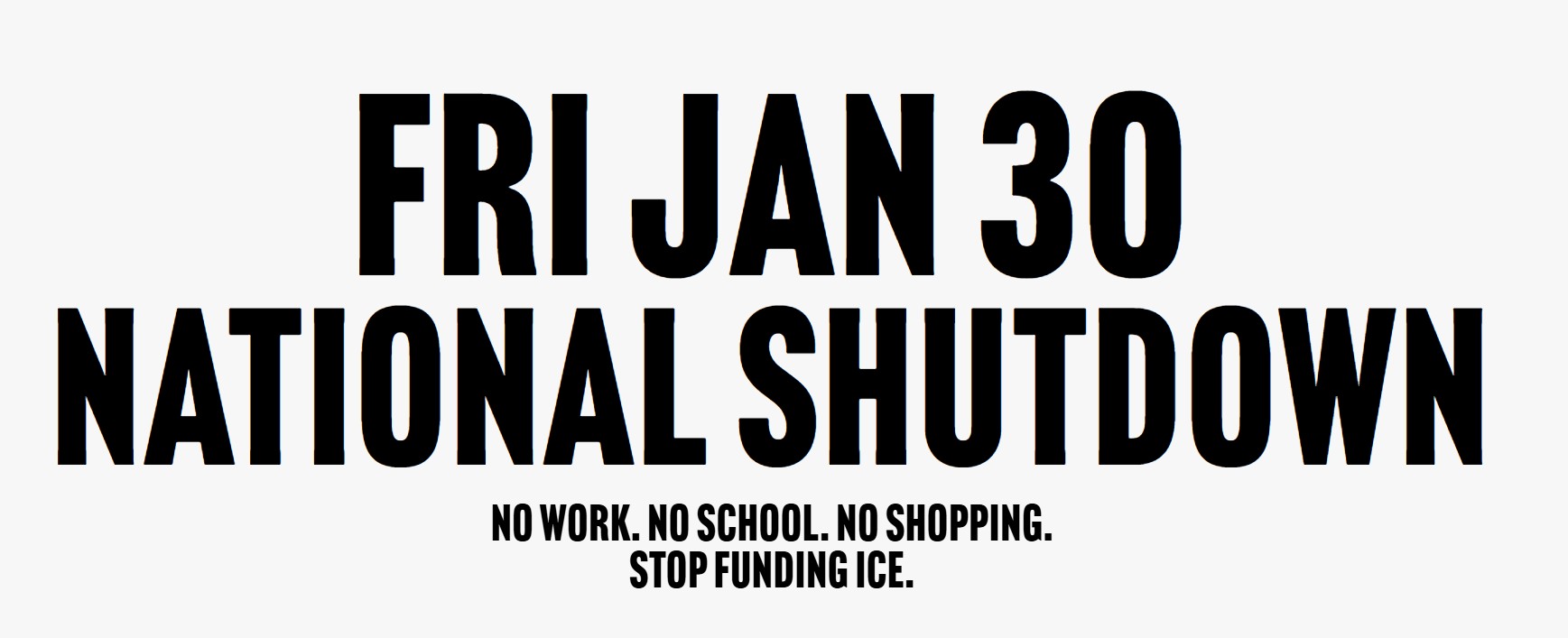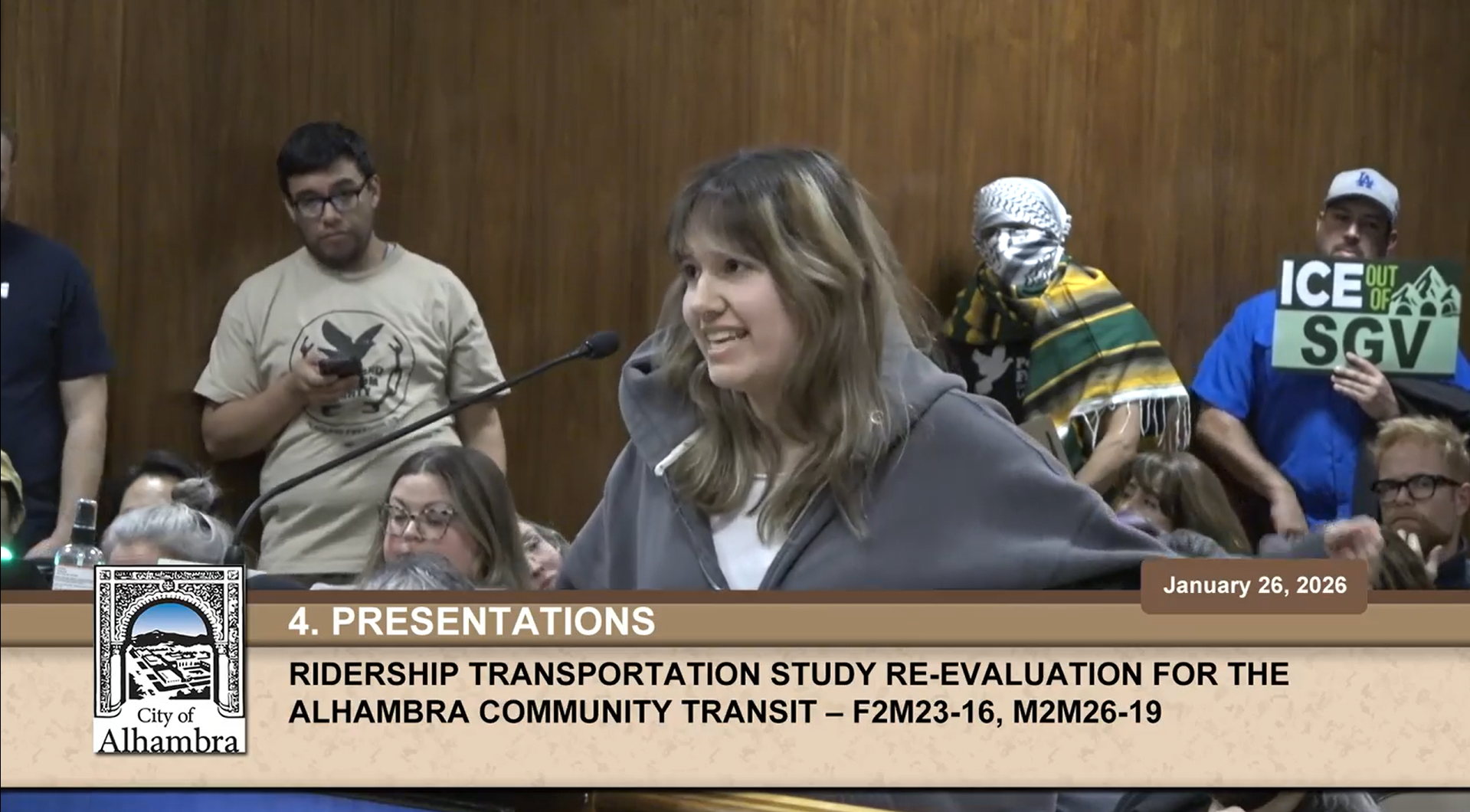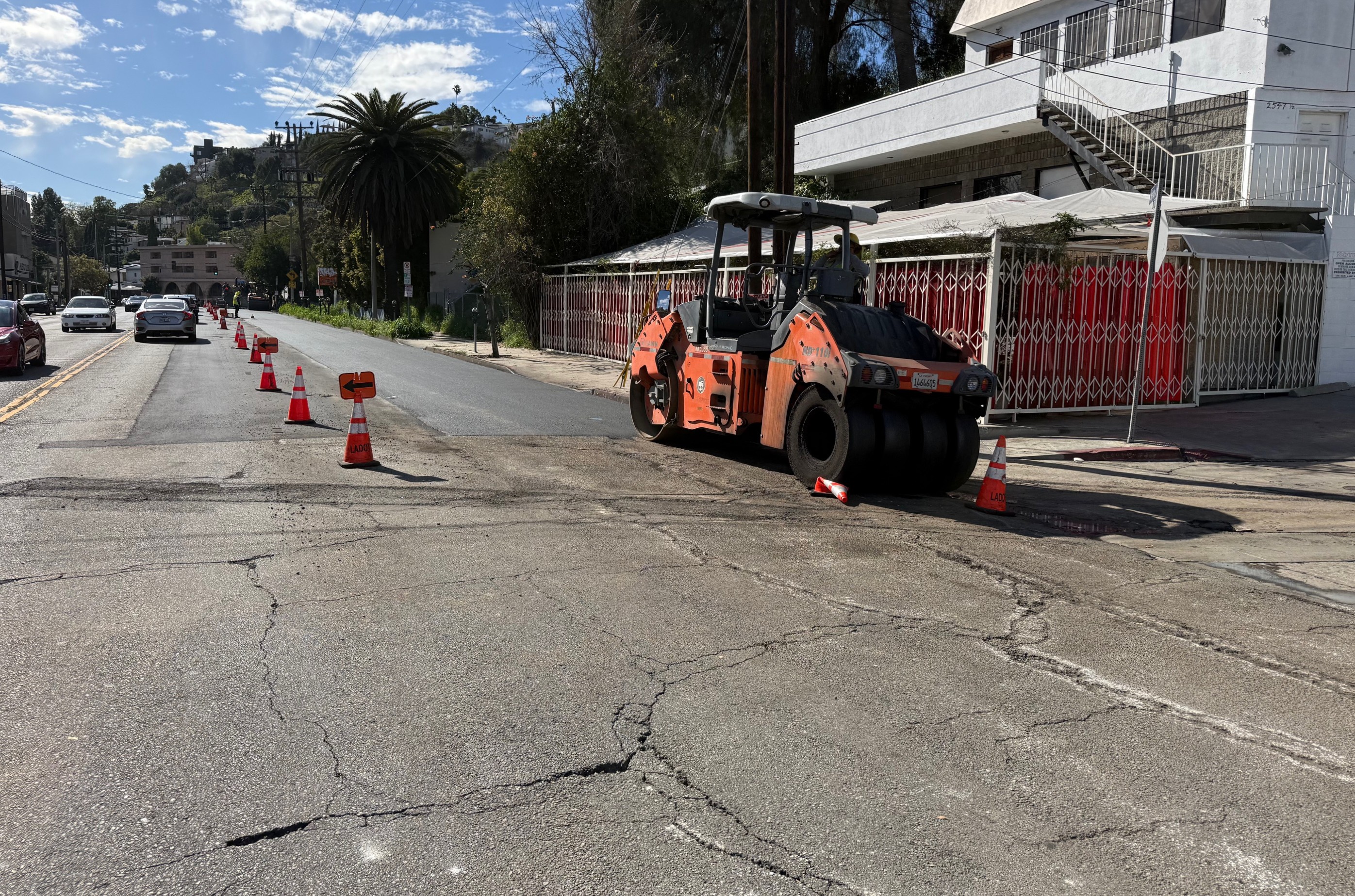
The misinformation campaigns trumpeting an imminent “hidden gas tax” in California lost a battle with the defeat of Assemblymember Henry Perea's bill, A.B. 69, which was designed to delay application of cap-and-trade to the fuels industry for three years.
Fuel companies have already begun participating in the state's cap-and-trade auctions, buying pollution credits that they can use to help them meet the greenhouse gas emission cap set by the state. Emission caps will not apply to the fuel industry until this coming January, but they have had years to prepare for it.
Senate President Pro Tem Darryl Steinberg sent a letter to Perea [PDF] explaining his decision not to let A.B. 69 go forward. The bill may not have had much of a chance of passing anyway, but this settles the question without the Senate or Assembly having to take it up in the final few days of the legislative session.
A.B. 69 was originally a bill about water quality, and had been considered and passed in the Assembly as such, when at the last minute Perea completely rewrote it, in what's called a “gut and amend.” At that point, it was in the Senate, where it would have had to pass out of several committees and then pass with at least a two-thirds vote on the Senate floor before the Assembly could take it up.
Steinberg killed it in the Rules Committee. In his letter to Perea, he wrote that “bringing non-stationary fuels under the cap is not an unforeseen issue that demands legislation which sidesteps the democratic process.” And “a measure of this importance should not be considered in the final weeks of a two-year session.”
Senator Steinberg's letter discussed the consequences California is already facing from climate change and addressed the “economics of doing nothing”:
Jobs: “Stalling California's clean transportation program would result in thousands of lost jobs from reduction in clean transportation investment. Using the federal-state formula, transportation infrastructure investment in this year's budget alone will result in more than 8,000 jobs.”
Health costs: “A May 2014 study from the American Lung Association finds that California's Low Carbon Fuel Standard and bringing fuels under the cap will save Californians over $10 billion in health and societal economic costs by 2020.”
Fuel costs: “The average Californian will pay 20 percent less in fuel bills by 2020 as a result of AB 32 thanks to increased diversity and competition among fuel suppliers.”
Assemblymember Perea had focused his arguments for the bill on the effects of gas price increases on low-income people without access to transit, but failed to explain how a delay would help them. Other groups have decried cap and trade as a “hidden gas tax” that will shock consumers, and even the LA Times focused on the increase in prices as if it were a guarantee, rather than a cost that is likely to be passed on to consumers by oil companies. But the fuel industry has been anticipating this for years, and since companies are already participating in the cap-and-trade auctions, their costs are going up now—not in January.
The Legislative Analyst's Office estimated that the price of gas might go up between 13 and 20 cents a gallon, but points out that the amount is less than the fluctuations in gas prices Californians have experienced in the last year [PDF].






